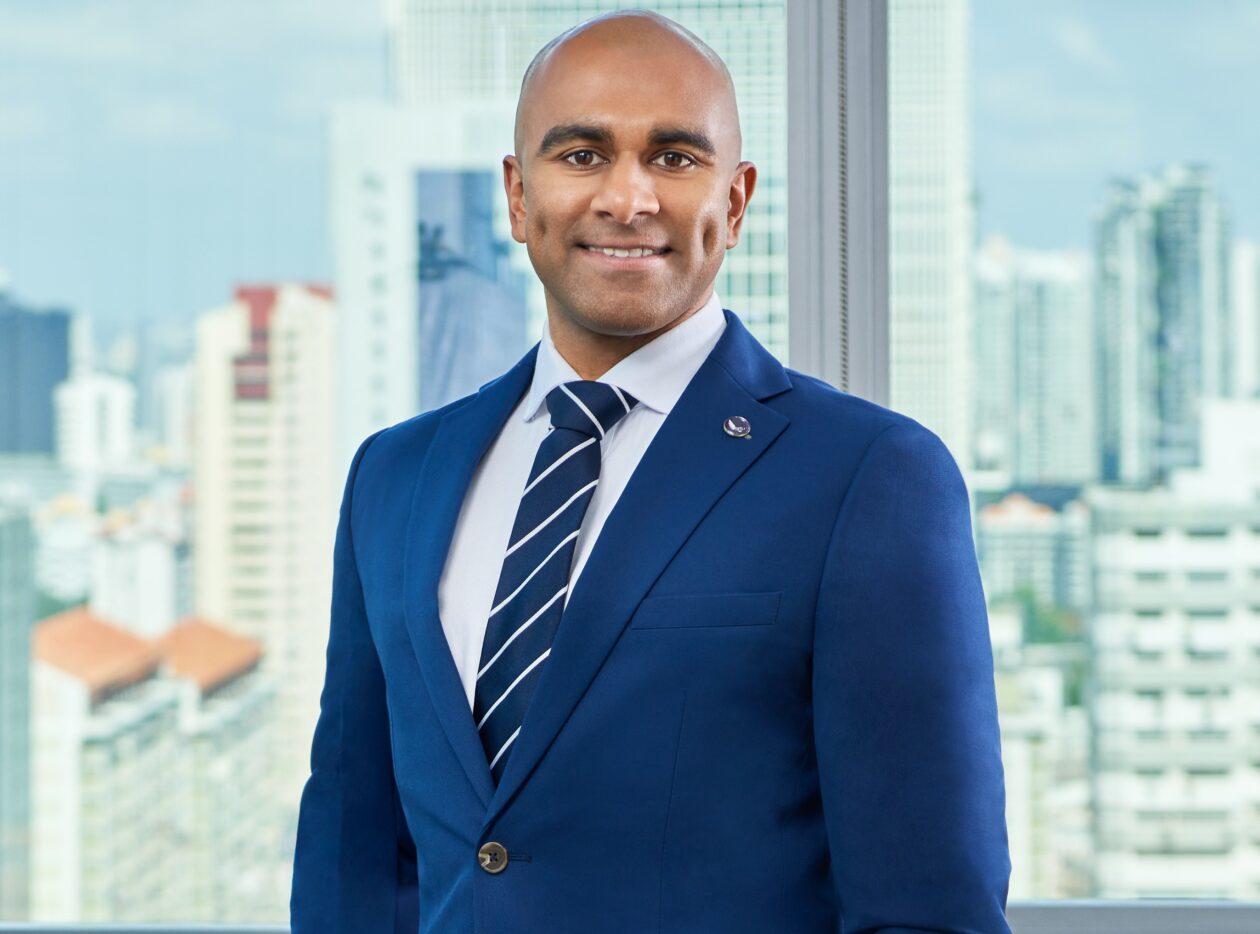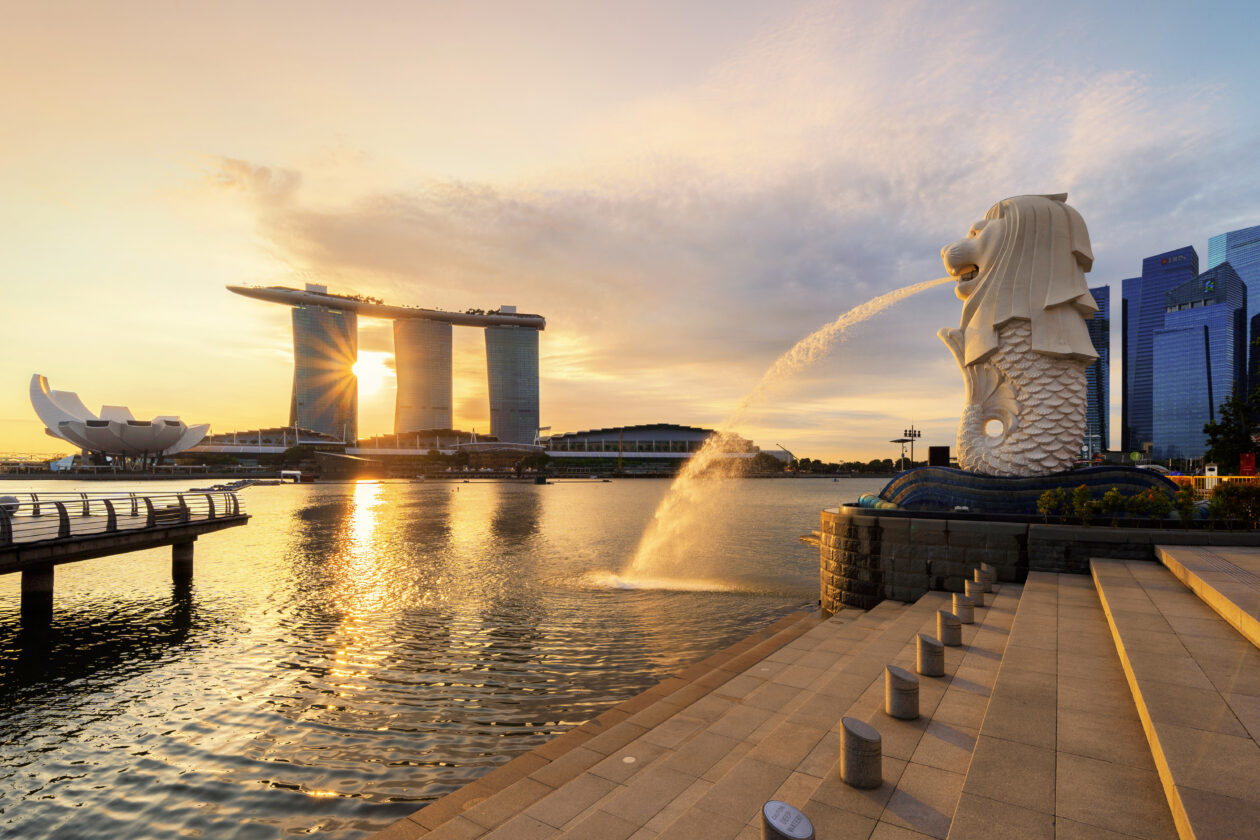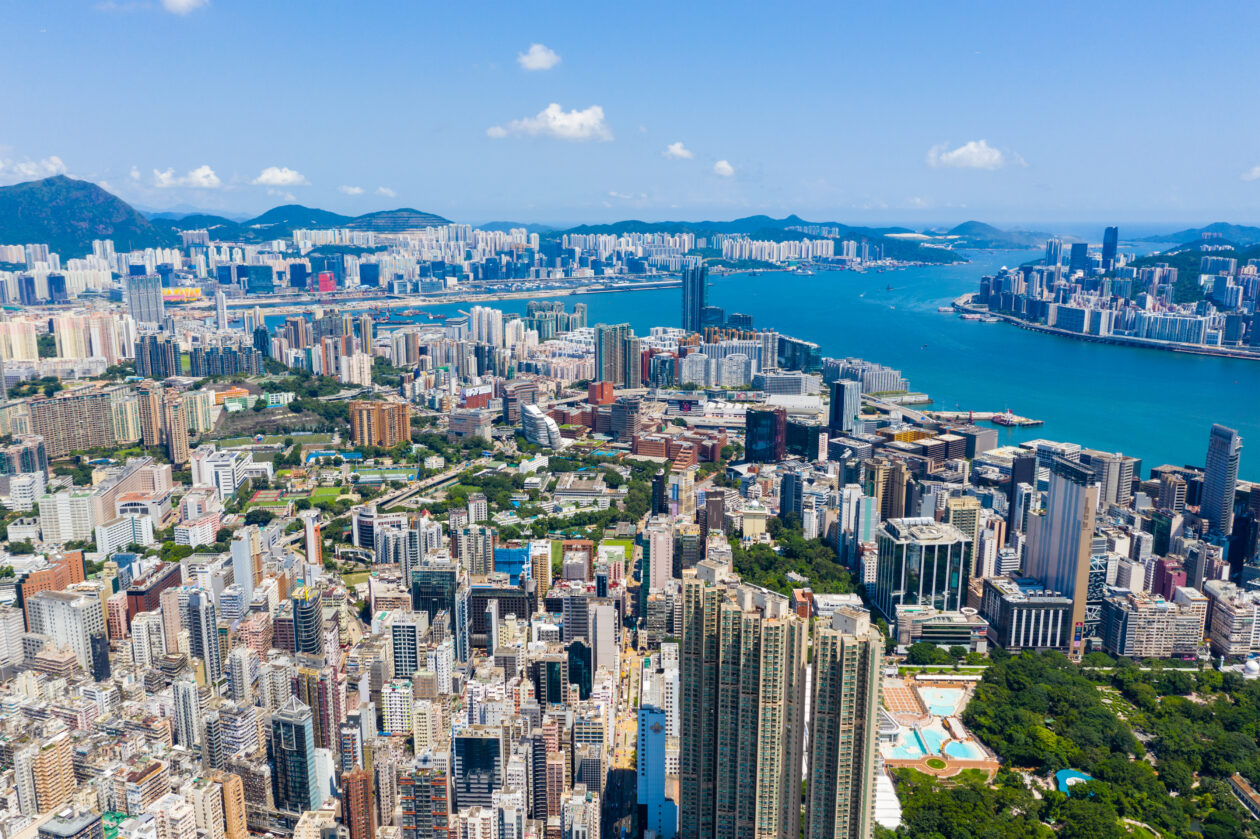Australian cryptocurrency exchange Independent Reserve is one of Singapore’s eleven Major Payment Institutions, a licensed firm that is permitted to offer digital payment token services in the Lion City. The firm plans to open an office in Hong Kong and is looking at a “few other” jurisdictions in Southeast Asia.
In an interview with Forkast’s Pradipta Mukherjee, the exchange’s Singapore chief executive officer Lasanka Perera said that the city-state’s restriction on public advertising by crypto exchanges had led to a 90% drop in its monthly retail customer acquisition. The exchange has been focusing on institutional customers, including family offices and accredited investors, and is looking to introduce more products and services for them. Independent Reserve hopes to double its daily trade volumes and expand its user base by 50% in Singapore by the end of this year.
The following Q&A has been edited for clarity and length.
Pradipta Mukherjee: What are your expansion plans in Asia and globally?
Lasanka Perera: Singapore is our first market outside of our home in Australia. We are spending a bit of time looking at Hong Kong and a few other jurisdictions in Southeast Asia.
Hong Kong might have a new Independent Reserve office in the next few months. When we do establish in Hong Kong, we’ll be looking to be a regulated business [by applying for a license to operate in Hong Kong].

Mukherjee: The Monetary Authority of Singapore (MAS) says that cryptocurrencies have no fundamental value and also discourages retail trading. Given this situation, how easy or difficult has it been for Independent Reserve to work in Singapore as a crypto exchange?
Perera: We are restricted from [public] advertising and that has had an impact on potential customer acquisition. But otherwise, MAS has established a pretty robust regulatory framework. And [Independent Reserve] having been operating for 10 years, we have had a very strong focus on consumer protections, corporate governance, risk management. But certainly the advertising restriction (in Singapore) is one thing, if removed, that will be helpful for customer acquisition.
Mukherjee: What are Hong Kong’s advantages over Singapore and how would you compare that with Dubai and the rest of the world?
Perera: Hong Kong is a very active financial hub, [with] deep capital markets. It’s the doorway to greater China. So that’s a very enticing commercial opportunity.
Singapore has quite active capital markets. But it’s a place where investors are more [focused on] capital preservation and asset protection so not necessarily as active with allocations and risk taking. It’s certainly a different market.
The Dubai market regulations are just falling into place. The regulators are working out the framework over there. The opportunity of Dubai is, of course, access to the European market and European capital. Many capital markets in Europe and a lot of the flows are going through Dubai. A lot of the crypto participants that are looking at Dubai as a market will be looking to capture some of that flow by basing themselves in Dubai, hoping that sensible and stable regulations are introduced by those regulators and, of course, stable banking is very important for fiat to crypto exchanges like us.
Mukherjee: At Independent Reserve, are you hiring more people?
Perera: Yes, we are hiring quite a few people at the moment. We are hiring institutional sales people and Mandarin speakers in our Singapore and Australian businesses. We have around 70 employees right now and we will be looking at another five or 10 in the next few months across compliance, sales and development.

Mukherjee: Has Singapore discouraging retail crypto trading affected Independent Reserve’s development in the city state?
Perera: We had a period of time where we were able to advertise. From that time to when the restriction on advertising came in, there was a significant drop in business. We had to, since that time, focus on accredited investors, family offices, work with wealth management firms to onboard high value customers, service Web3 firms and the high velocity payment sector.
From the period before the ban [on public advertising] to the period after, monthly customer acquisitions of retail customers dropped by 90% or more. But we have grown our business across the family offices, Web3 payment segments and wealth management sectors. We have grown significantly since that time. While we have a smaller number of institutional customers, they represent a far larger volume per customer. So you might find 10% of customers giving you 90% of your flow.
Mukherjee: What percentage of your total customers in Singapore would be institutional and retail?
Perera: Less than 20% are institutional customers right now, and about 80% is retail by user numbers. But by volume, it’s the other way. So this 20% of institutional customers make up about 90% of trading volume at Independent Reserve.
Mukherjee: What are your targets for this year?
Perera: Daily trade volumes in Singapore are about US$20 million to US$30 million and most of this comes from institutional traders, including Web3 firms, payment firms, and the wealth management sector. I hope to more than double that by the end of the year. We are also looking at a 50% growth in user base by the end of this year.
Mukherjee: The U.S. has been in a regulation paralysis when it comes to digital assets, but it has been attacking crypto exchanges anyway, like Coinbase and Binance. How do you see that influencing the global digital assets industry’s development?
Perera: U.S. businesses and innovators in the space will be looking to move offshore. Ultimately, the U.S. will lose out on jobs and innovation and commercial opportunities, and customers in the U.S. will lose access to solid [crypto] platforms.
As an exchange, what we look for is the size of the commercial opportunity, the size of the market; stability, sensible regulation and also stable banking. And in the U.S., the regulatory box is now firmly unticked. So new participants and new exchanges outside of the U.S. will definitely not be considering setting up in the U.S. and I guess the [ones based in] U.S. will be looking to de-risk their U.S. operations by establishing elsewhere.






